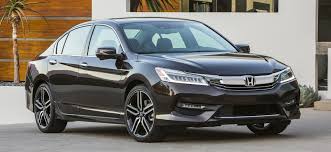
The nonpartisan National Bureau of Economic Research, an American private nonprofit research organization, undertook a study stated—on a per-mile basis, gas-powered vehicles are far eco-friendlier than their electric-run counterparts.
The study concluded that on an average per mile, gas-powered vehicles were half a cent beneficial to the environment than electric ones. As a matter of fact, the study states the importance of surroundings that affect an environment. For instance, in Los Angeles, electric vehicles performed 3.3 cents better per mile than gas-fueled ones. On the contrary, gas-powered cars performed 3 cents better than their counterparts when tested in Grand Forks, North Dakota.
As per the Washington Examiner, an electric vehicle definitely lowers air pollution, but the power has to come to fuel its engines. And, in this case, the power comes from power plants that run on coal.
“Rather than simply accepting the assertion of environmental benefits from electric vehicle use, this paper conducts a rigorous comparison of the environmental consequences of gasoline and electric powered vehicles, specifically by quantifying the externalities (both greenhouse gases and local air pollution) generated by driving these vehicles,” the authors of the study wrote.
“Because electric vehicles, on an average, generate greater environmental externalities than gasoline vehicles, the current federal policy has greater deadweight loss than the no-subsidy policy,” authors mentioned in their study.
The authors of the study believe that the government should tax vehicles on a per-mile basis for curbing carbon emissions.
The authors also emphasize that this is an important distinction, especially when taking into account the federal government that pays a $7,500 subsidy for every electric car purchased.
The study was carried out by four business and economics professors, including Erin Mansur of Dartmouth College, Nicholas Muller of Middlebury College, Stephen Holland of the UNC Greensboro and Andrew Yates of UNC at Chapel Hill, according to the Washington Examiner.



















